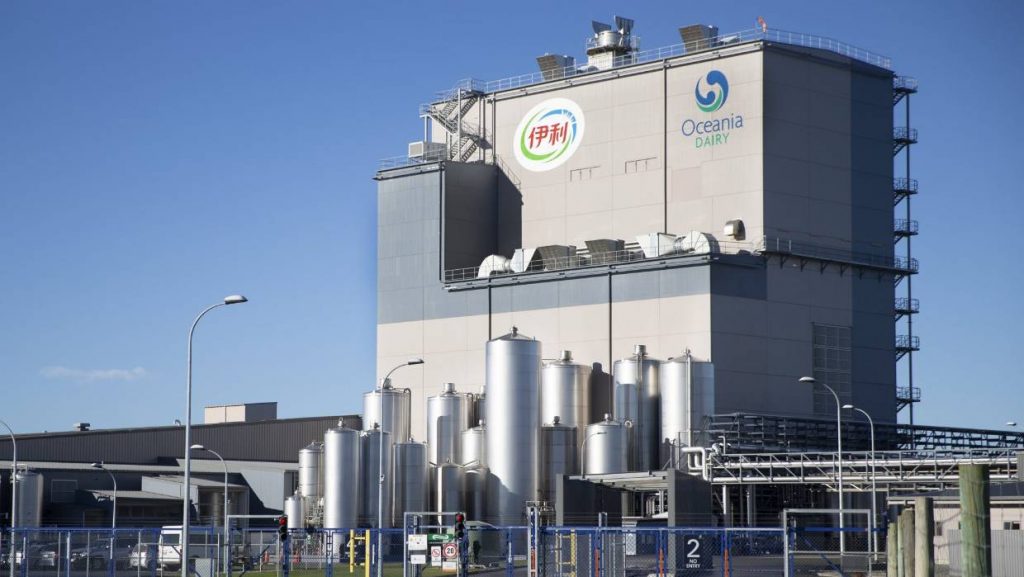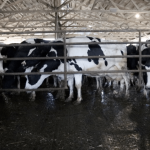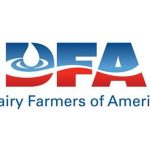
The report, compiled by ECan consents planner Kelly Walker, argues that in most situations the environmental effects of the proposed pipeline near Glenavy, South Canterbury, and outfall will be “less than minor”.
The report, which will provide guidance for the independent panel at a hearing likely to take place in May, recommends the consent be granted for a 35-year period, subject to some amendments.
Oceania Dairy wants to build a pipeline to discharge up to 10 million litres of treated wastewater per day into the Pacific Ocean and the plans have received 127 submissions, with all but eight in opposition.
Several submitters were against it because the proposed outfall and discharge falls within the proposed South East Marine Protection Area, which is a habitat for hector’s dolphins.
However, Walker’s report, which partly relied on advice from the Cawthron Institute scientist Dr Simon Childerhouse for its assessment of impact on marine mammals, said “the treated wastewater discharge on marine mammals effects have been identified”.
Walker noted there is no specific mitigation proposed for the habitat of marine mammals, but this was nonetheless “appropriate given the negligible risks posed by the activity”.
“The applicant further notes that all species identified have large home ranges and are highly mobile, and that the coastal cliffs do not consist of suitable habitat for penguin burrowing.”
Submitters also expressed concerns around the proposal’s effects on water quality, particularly the mixing of treated wastewater into the ocean.
But Walker’s report says “based on the assessment provided by the applicant … I consider that the proposed treated wastewater will mostly meet the water quality standards at the edge of the mixing zone, with the exception of dissolved inorganic nitrogen and dissolved reactive phosphorus.
Walker also sought advice from ECan staffers Dr Lesley Bolton-Ritchie, Bruce Gabites and Jean Jack along with Dr Leigh Bull of consultancy firm Boffa Miskell and Connon Andrews of BECA engineering.
Several opponents were worried about the potential for high rates of nitrates in the water as a result of the proposal, but according to Walker’s report, Dr Bolton-Ritchie’s assessment “found that with a 500 times dilution, no trigger values will be exceeded”.
“In the worse case scenario, in calm conditions, 300 times dilution will occur and in this case, the trigger values for dissolved inorganic nitrogen and dissolved reactive phosphorus will not be met.”
Walker’s report noted Oceania Dairy was “generally compliant” with its current existing consents, apart from its discharge of wastewater to land, due to surface ponding.
“These have been the subject of complaints from the public due to ponding from discharge onto saturated land,” Walker’s report says.
Her report recommends that should the consents be granted, there needs to be “an increased level of treatment of wastewater particularly in terms of dissolved inorganic nitrogen and dissolved reactive phosphorus, or demonstration by the applicant that the current level of treatment will not have an effect on the environment beyond the mixing zone”.
However, the report also acknowledges the company did not adequately consult with Ngai Tahu or Waihao runanga.
“I consider that adverse impacts on Ngāi Tahu cultural values will likely be more than minor and I am unclear if the proposed mitigation and conditions adequately addresses these concerns,” the report says.
Forest and Bird, who wrote a long submission against the proposal, say they are disappointed with the officer’s report, but will still appear before the independent panel.
F&B’s regional manager for Canterbury and West Coast, Nicky Snoyink, said the report focuses on the technical detail but “fails to properly acknowledge the high level of opposition to this proposal from New Zealanders more broadly”.
“New Zealanders care about the marine environment and do not accept that the ocean (or any waterbody for that matter) can still be used as an industrial wastewater sump,” Snoyink said.
“The report generally understates the social, cultural and environmental costs.”
Snoyink said the report “basically takes a land-use business as usual approach in an already pollution burdened South Canterbury region”.
“The recommendation to support a consent duration of 35 years is concerning despite recognition in the report of Forest & Bird and other submitters who sought a shorter consent duration,” she said.
“This was always going to be a challenge given the precedent already set by the grant of consents for similar and larger scale activities by ECan, but this is not a reason to grant consent to another one.”

























